As the China’s Central Bank moved to devalue its tightly controlled currency, Chinese exports becomes cheaper which fuels the stoking fear. A devalued currency will make Chinese goods cheaper which in-turn affects the tyre companies especially in India. The increase in imports, especially the commercial vehicle tyres has rolled down Apollo Tyres revenue in the first quarter.
The tyre maker posted 27% increase in its consolidated net profit at Rs 291 crore and recorded a consolidated net profit of Rs 228 crore during the same period of previous fiscal. Net sales of the company, however, declined to Rs 2,832 crore from Rs 3,223 during the same period of previous financial year. Thus, the company witnessed a decrease of 12% in its consolidated net sales for Q1 FY16.
The European operations of the company, reported flat revenue growth in the quarter under consideration, the increasing imports of commercial vehicle tyres, into the country, adversely impacted the Indian revenue. More than 30% of the demand for truck-bus radials from the replacement market in India is being met by these imported tyres, which are mostly from China. The operating profit, by experiencing an increase of 15% in the quarter ended June 2015, stood at Rs 529 crore.
Commenting on the financial results, Onkar S Kanwar, Chairman, Apollo Tyres said, “In a slow-growth market across geographies, further marred by unregulated imports of tyres in India, we have planned and invested to capitalise on the future opportunities. This strategic planning will reduce our dependence on a particular market for growth and help us expand our global footprint.”
“I see the coming year as another in a string of challenging years, with global uncertainties, talk of QE roll-back by the US Federal Reserve, currency instability across much of Europe and slowing growth in large economies like China. The global slowdown has meant the entire world that the demand for natural rubber has continued to be below expectations and prices around the world have come down. Artificial means of propping up prices cannot work in the long run in a globally connected economy like ours and the only sustained effect on prices can be with a strong and buoyant economy. Closer home though I believe the green shoots of a revival can now be seen,” he added.
Apollo Tyres is all set to face the challenges ahead by expanding its global presence in order to improve long term sustainability. The company has also commenced construction of a new plant in Hungary which will be operational by 2017 and also planning to use its Singapore facility as a key base for global procurement, integrated supply chain, commodity trading and hedging, treasury operations and strategic initiatives. The company is also planning to invest Rs 1,200 crore to enhance the truck and bus radial tyre capacity at the Chennai plant from 9000 tyres a day to 12,000 tyres a day.
The plant manufactures 16,000 passengers car tyres in a month and capacity utilisation is around 80 per cent. So far, the plant attracted investment to the tune of Rs 2,100 crore. The Chennai facility, along with the Baroda plant, exports around 100,000 tyres in a month. The company also exports BTR at about 15,000 units a month.
The company is also investing Rs 400-500 crore to expand its off-highway tyres manufacturing capacity in Kerala. At present, the Kalamassery plant in Kerala manufactures 30 tonnes of off-highway tyres; this will be raised to 110 tonnes over the next 18-24 months. The investment will be spread over for the next five years in three phases. During the first phase, which was completed recently, the company invested Rs 50 crore.
“The industry has taken up the issue with the government, since it is not only affecting the manufacturers, but also customers as quality is a concern. We are yet to see any concrete response from the government,” said Sharma. Chinese imports contribute 20-22% of the replacement market now. Apollo Tyres’ vision is to be a significant player in the global tyre industry. Currently, 11% of revenue in Indian operations comes from exports. In 2015-16, the company set a target to increase it to 15%. Sharma said, while the overall export of tyres did not expand, Apollo Tyres grew 20% thanks to focus strategy, expansion of markets and increase in product portfolio.
The company has set up legal entities, mainly for sales, in Bangkok for Association of Southeast Asian Nations, or Asean, markets; in Dubai for West Asia and north, east and west Africa; South Africa for South African markets. India caters to all South Asian Association for Regional Cooperation, or SAARC, countries.



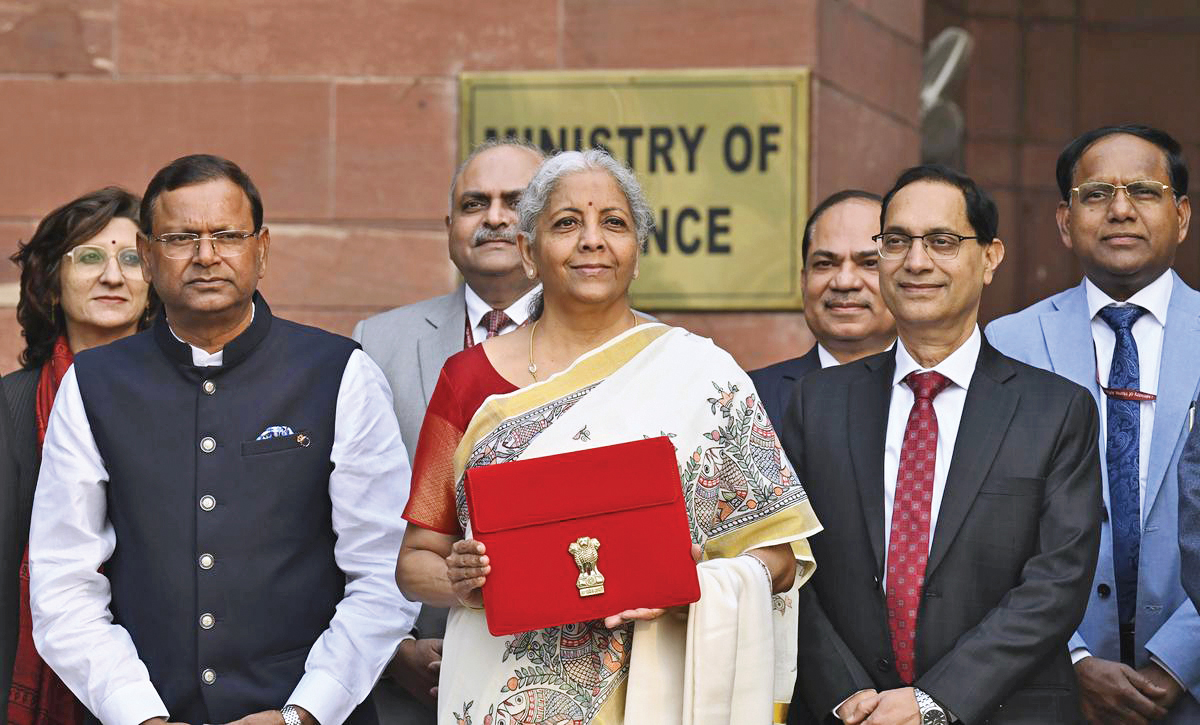
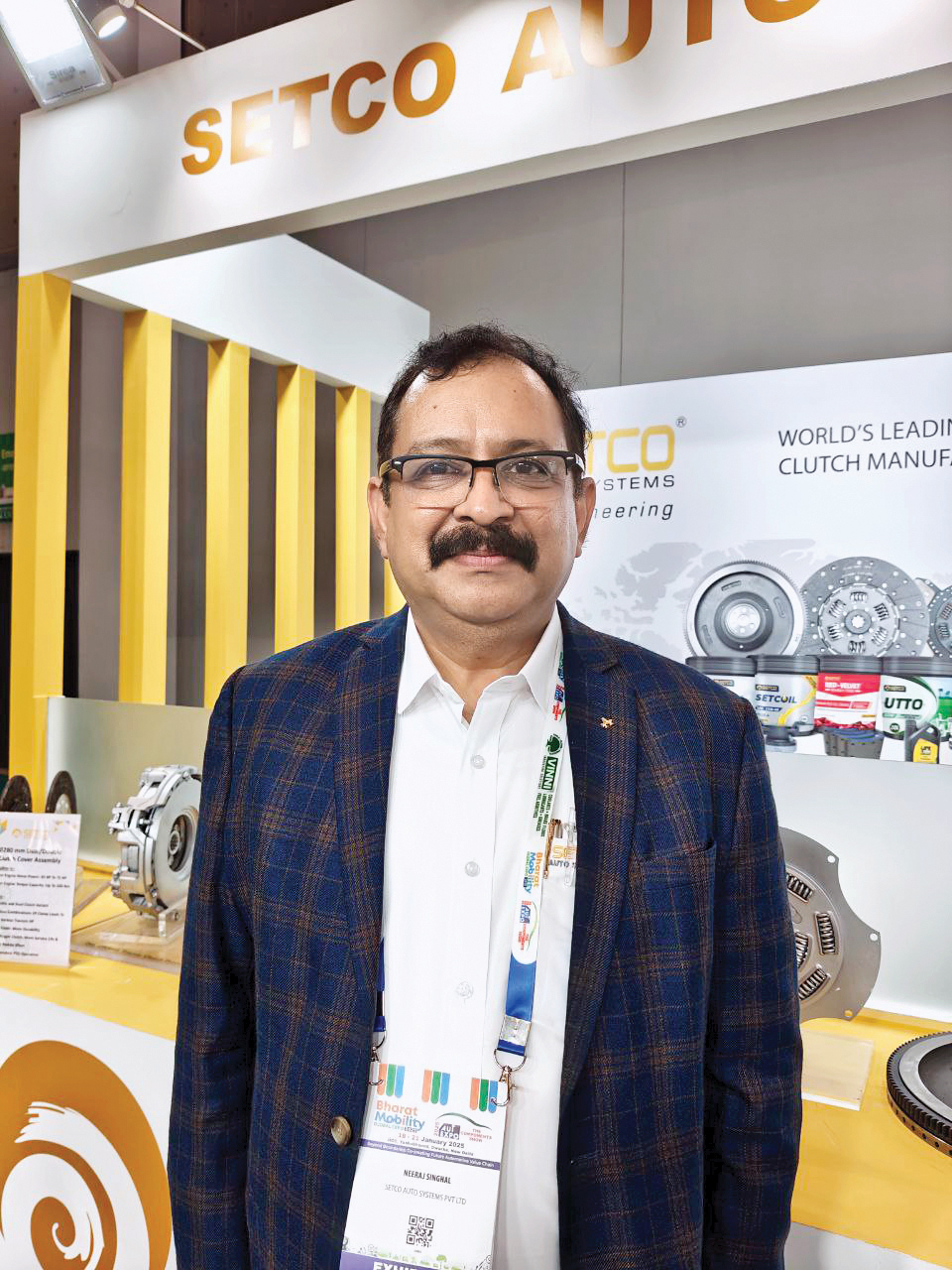
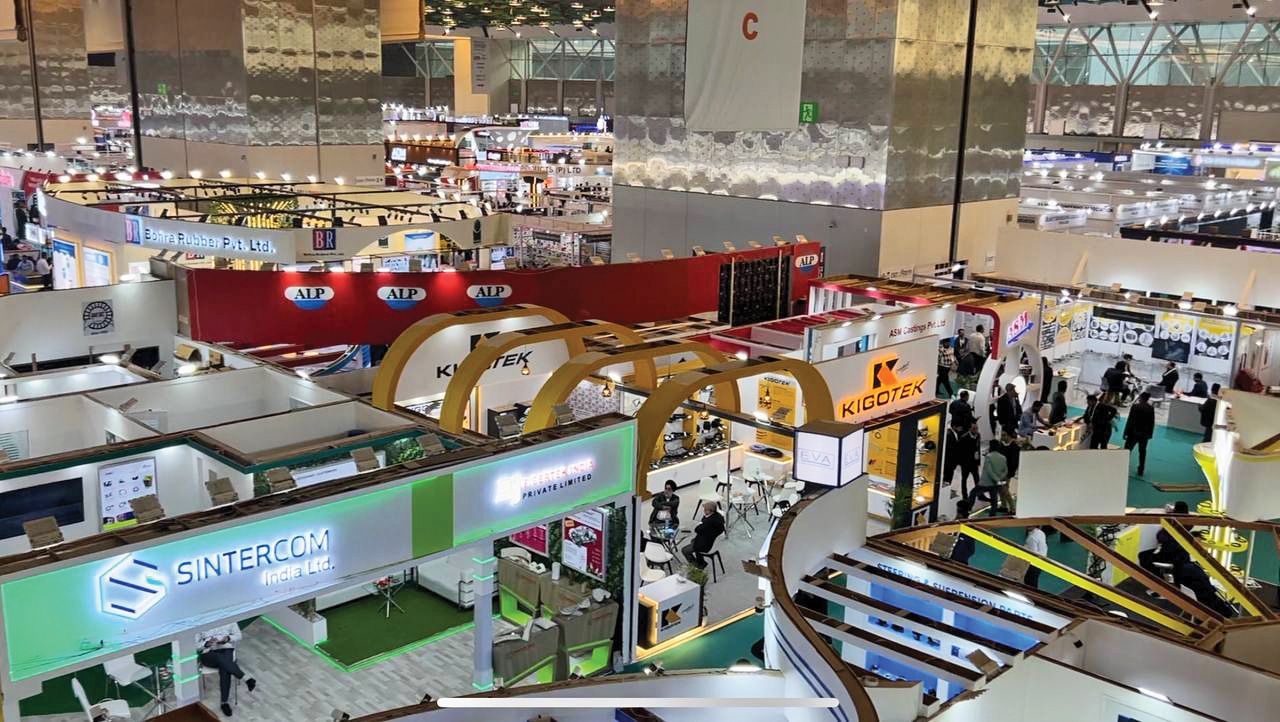
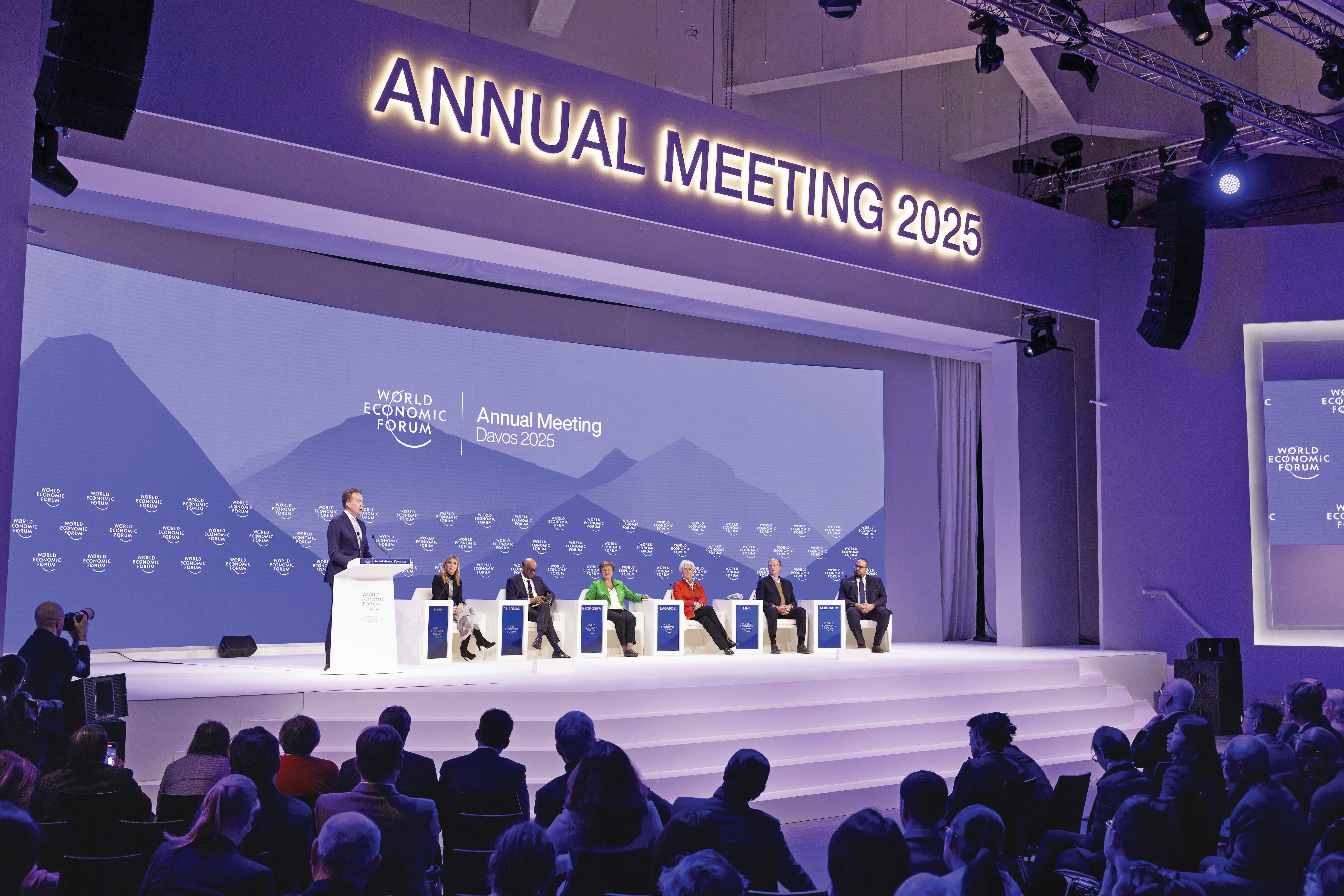
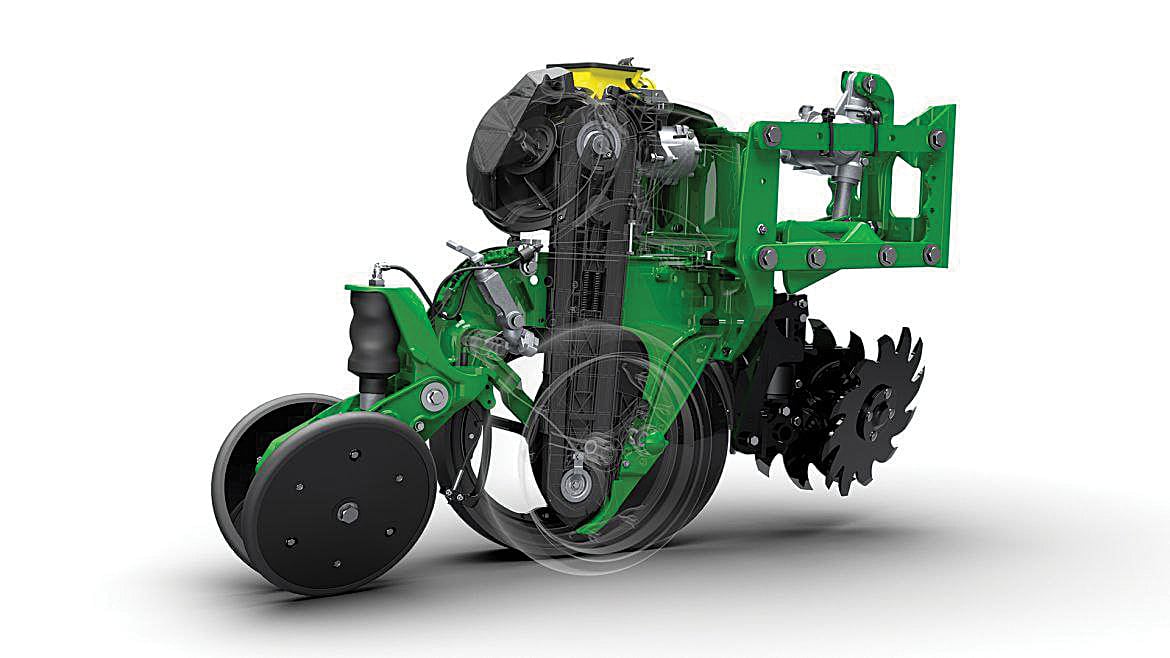
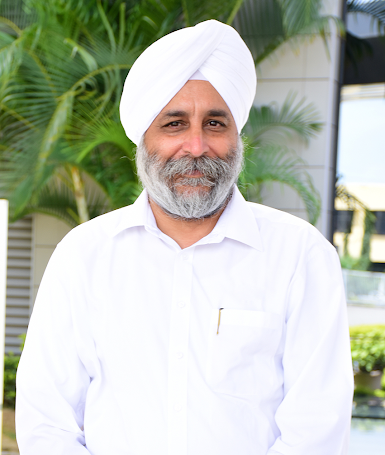
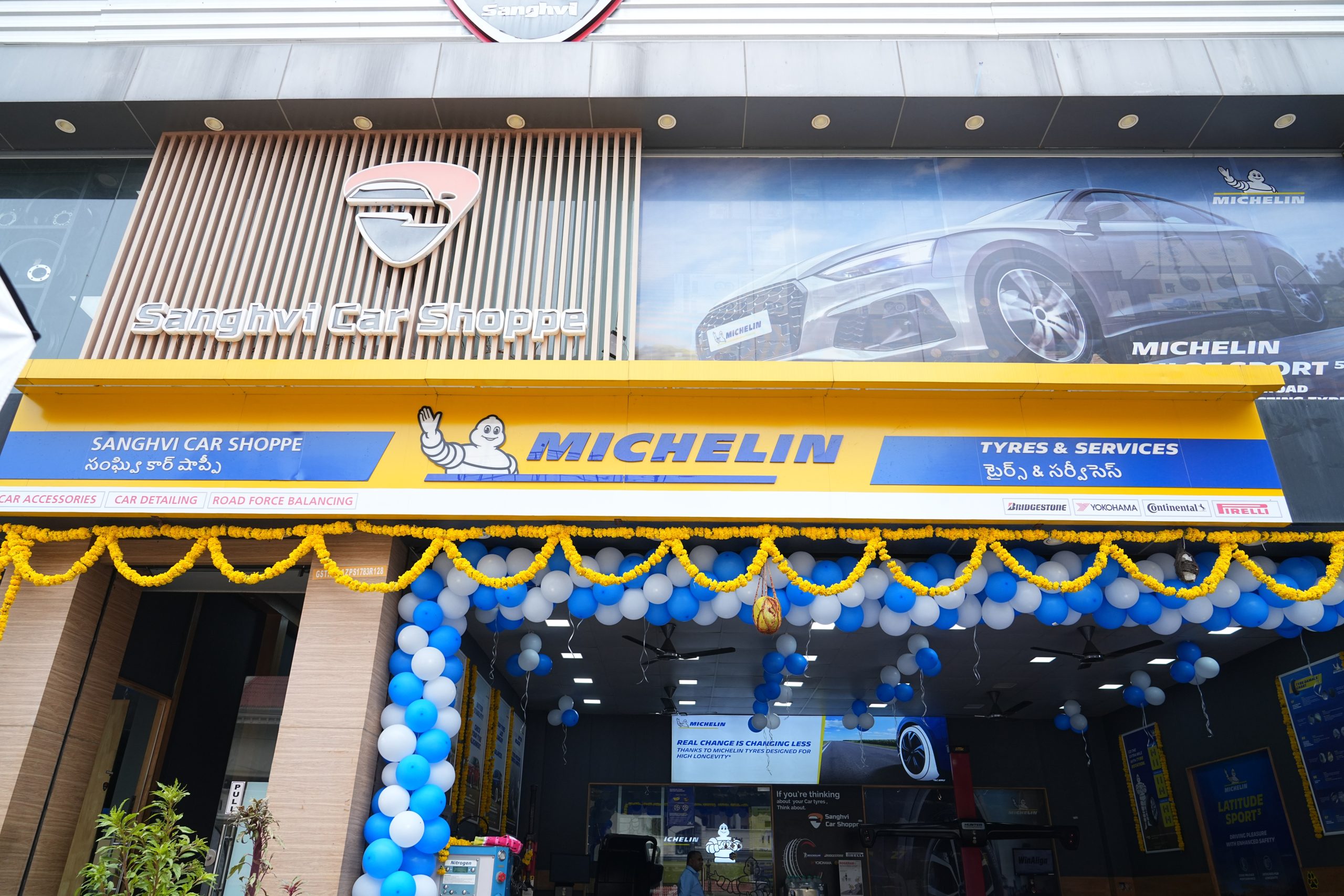
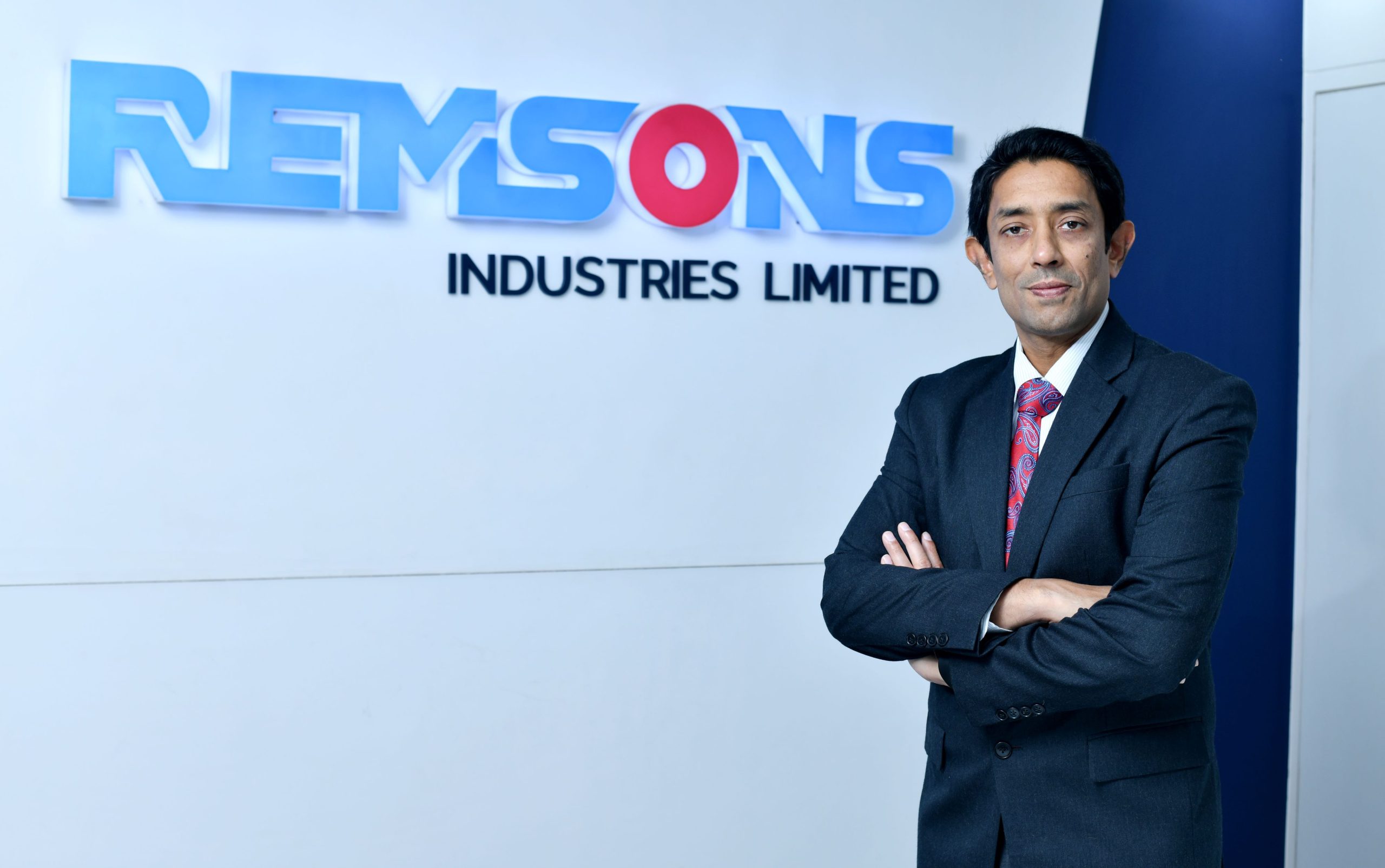
Leave a Reply